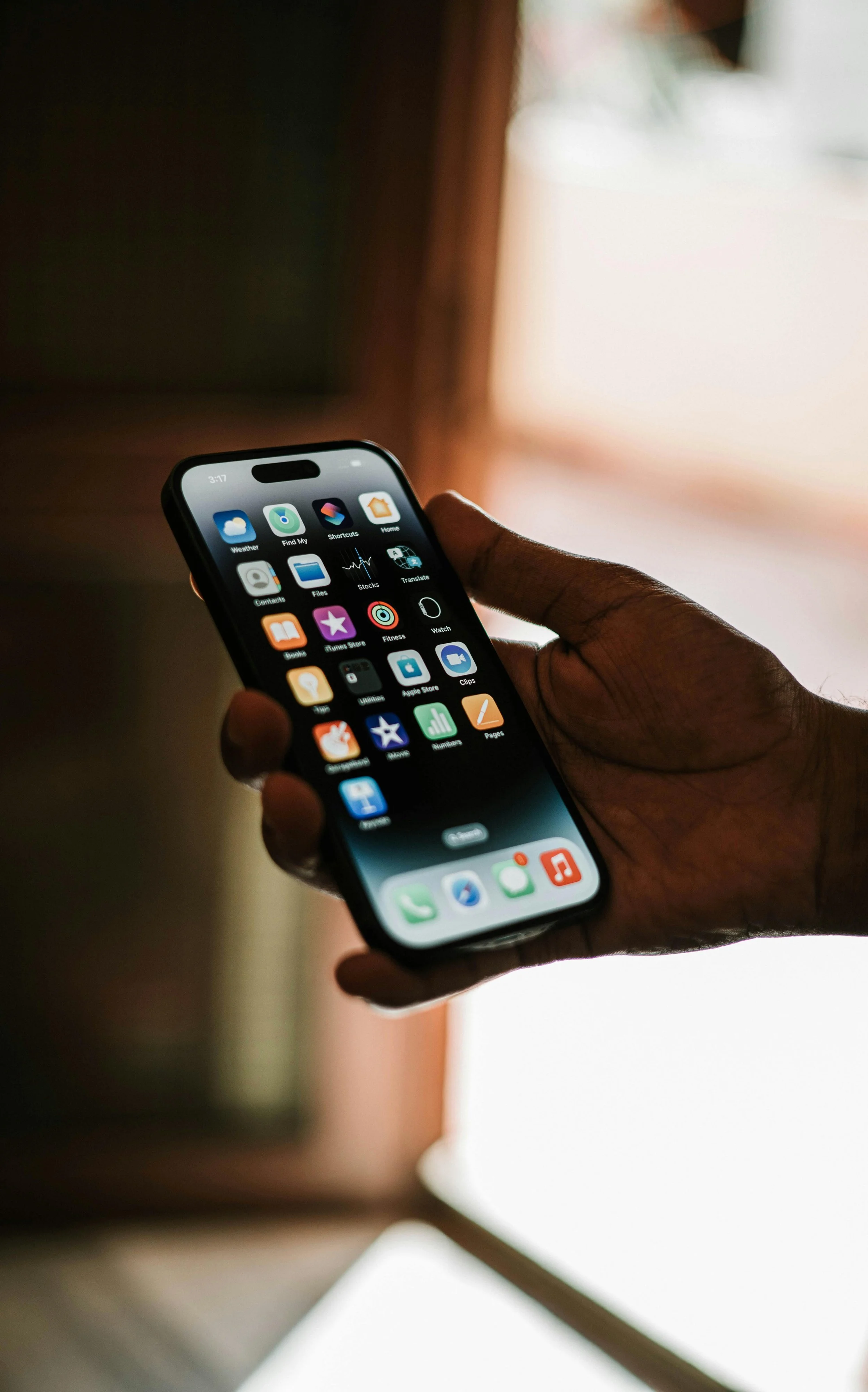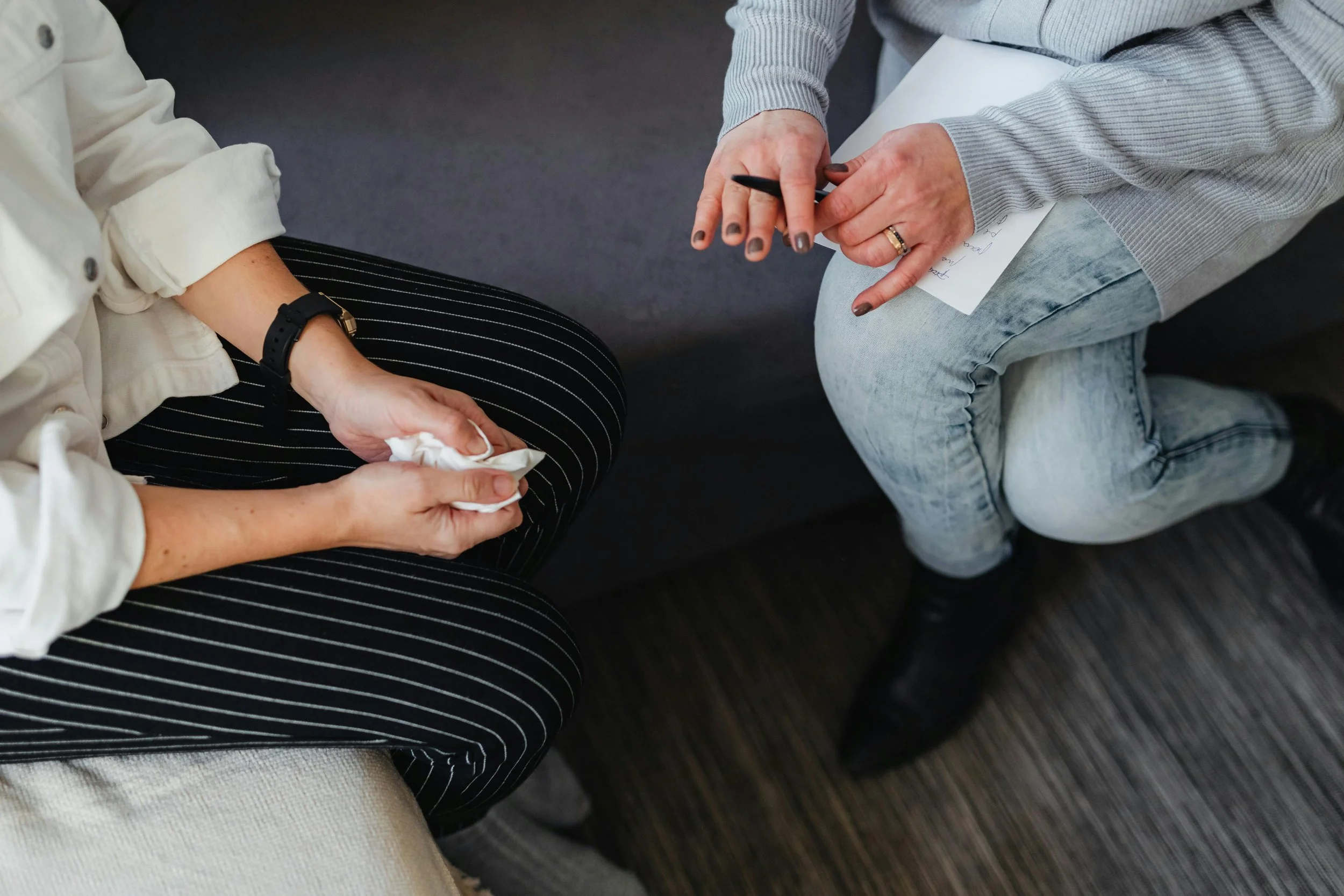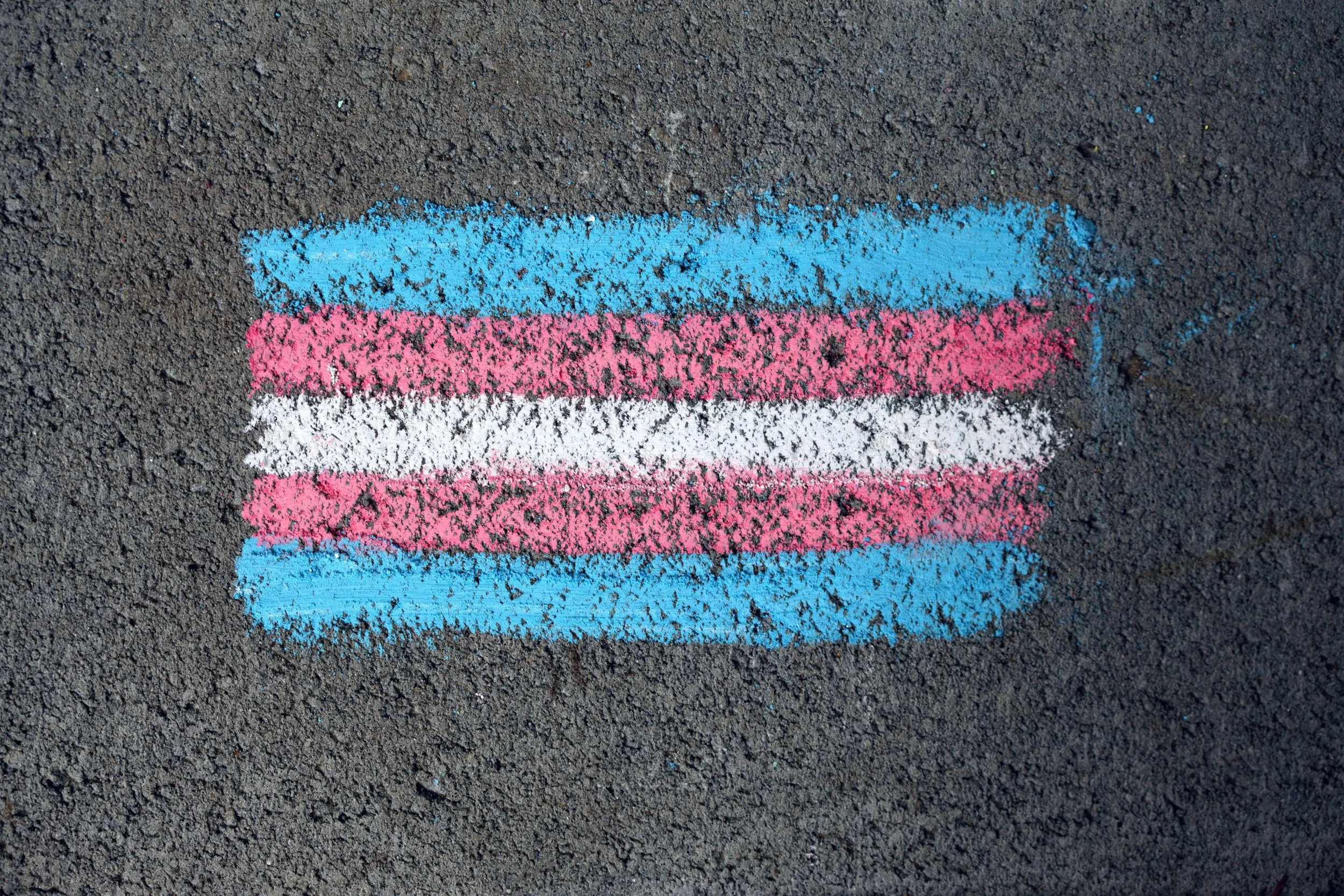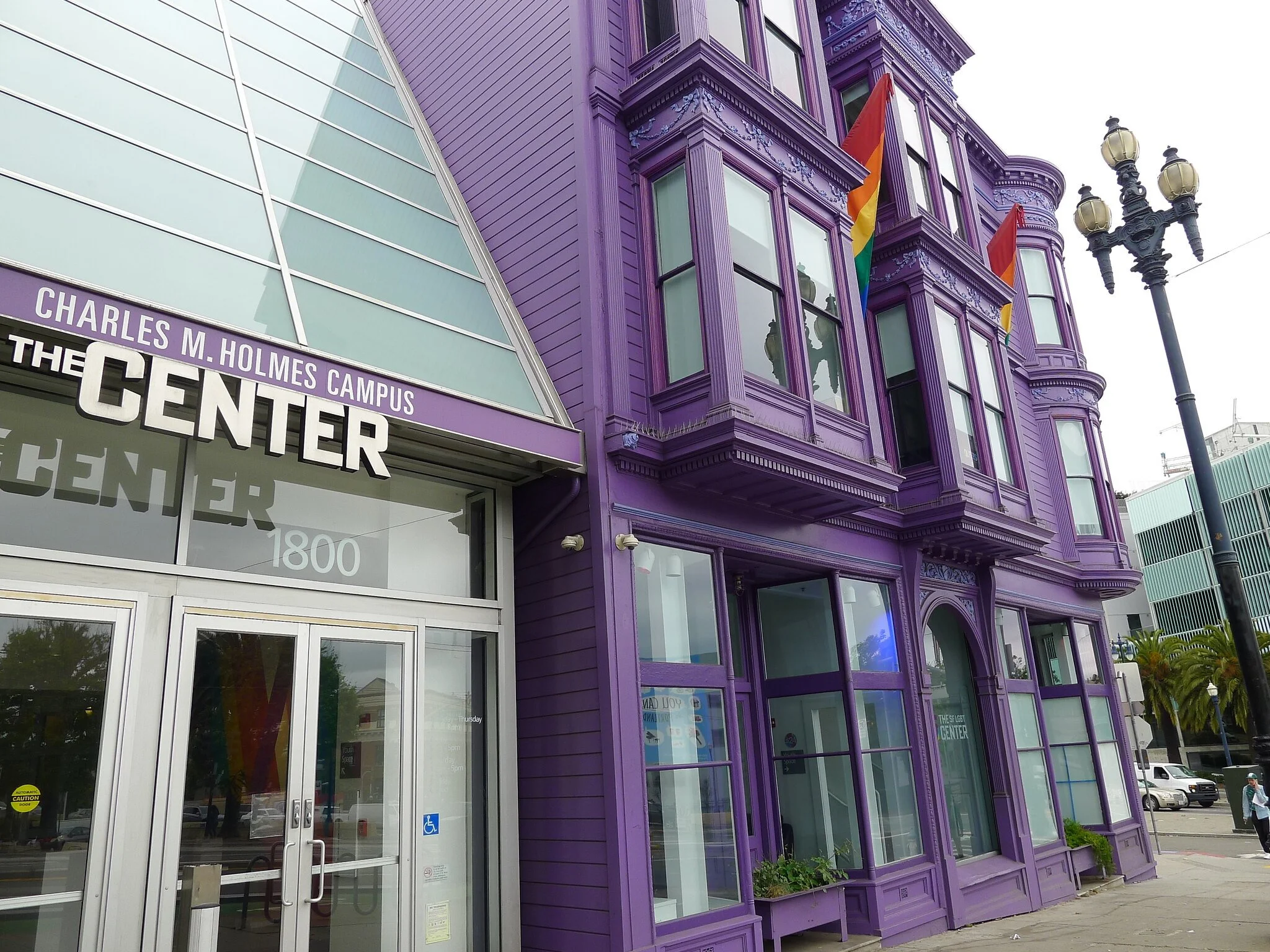
Resource List
Suicide Prevention
Killing yourself is never the answer. Help is available.
San Francisco 24-hour Crisis Line: (415) 781-0500
If outside of San Francisco, dial 988 or chat here
You can also text HOME to 74174 or visit www.crisistextline.org
National Alliance of Mental Illness (NAMI)
NAMI offers peer support for people who live with a mental health condition, as well as their loved ones. They offer empathy and understanding, many from their own lived experiences. They are able to connect you to your local NAMI Programs and NAMI Support Groups.
Phone: 1-800-950-NAMI (6264)
Text: 62640
Email: helpline@nami.org
Chat: nami.org/help
Domestic Violence
Call the 24/7 National Hotline at:
1-800-799-SAFE (7233)
Text START to 88788
Or chat here
This hotline links you to local resources such as Domestic violence shelters, emergency shelters, legal help, and social service programs.
You can also see for yourself a list of California’s domestic violence programs here
See National Facts on Domestic Violence here
Substance Use Treatment
SAMHSA’s National Helpline, 1-800-662-HELP (4357) (also known as the Treatment Referral Routing Service), or TTY: 1-800-487-4889 is a confidential, free, 24-hour-a-day, 365-day-a-year, information service, in English and Spanish, for individuals and family members facing mental and/or substance use disorders. This service provides referrals to local treatment facilities, support groups, and community-based organizations.
You can find help near you by sending your zipcode via text to 435748
You can also search for treatment yourself at findtreatment.gov
Gender Dysphoria Educational Resources
Gender dysphoria is the distress or discomfort caused by the mismatch between one’s gender identity and their body’s secondary sexual characteristics. While many trans people experience dysphoria, it is not a requirement to be considered trans.
The Gender Dysphoria Bible
A comprehensive guide on gender dysphoria and its impacts.Trans Hub
An introductory resource that helps individuals understand gender identity, including dysphoria and euphoria.Gender Spectrum
Offers resources for understanding gender identity for families of trans youth.The Vocal Congruence Project
A helpful resource for those seeking to train their voice to align more congruently with their gender identity.
Mental Health Apps
Mental health apps are mobile applications designed to support individuals in managing their mental well-being by offering tools for self-care, stress reduction, mood tracking, therapy exercises, and other mental health-related resources.
Disclaimer
I cannot ensure the security of your personal information or data shared through third-party platforms.
Headspace – Meditation and mindfulness exercises to reduce stress and anxiety.
Calm – Guided meditation, sleep stories, and relaxation techniques.
Breathwrk – Guided breathing exercises for relaxation and focus.
Medito – Free guided meditations and mindfulness exercises for stress management.
MindDoc – Emotional tracking, cognitive behavioral tools, and therapy-based exercises.
Clarity – Mood tracking, CBT-based journaling, guided programs, and AI-assisted reflection to help users manage stress, anxiety, and negative thought patterns.
How We Feel – Emotion tracking and insights for emotional well-being.
Finch App – Self-care encouragement through a virtual pet.
PTSD Coach – PTSD self-assessment and coping tools from the VA.
CBT-i Coach – Improve sleep habits through structured programs, sleep tracking, relaxation exercises, and educational resources.
Clarify: ADHD Organizer, Timer – ADHD-friendly task management and focus tool.
Tiimo – Visual daily planner designed for neurodivergent users.
Fabulous – Habit-building app for routines and executive function.
Curable – Chronic pain management with a mind-body approach.
Low-Fee Mental Health Therapy
Affordable low-fee therapy refers to mental health services provided at a reduced cost, often based on a sliding scale, to make therapy accessible to individuals with financial constraints. Please note that this list of low-fee therapy resources provided is not exhaustive. Generally, people seeking low-fee therapy can contact local universities with graduate programs in psychology or social work, as they often offer affordable therapy services provided by supervised students in training.
California:
New Perspectives Center for Counseling
Offering a range of therapeutic services throughout California, New Perspectives provides affordable counseling for individuals seeking support for personal, emotional, and mental health concerns.Website: www.sfnewperspectives.org
Address: 862 Folsom St. San Francisco, CA 94107
Phone: (831) 996-1222
CIIS Church Street Counseling Center
This counseling center offers low-fee mental health services to individuals in San Francisco, specializing in providing affordable care to underserved communities.Website: www.ciis.edu
Address: 1782 Church St. San Francisco, CA 94131
Phone: (415) 648-2644
Sentio Counseling Center
Sentio provides low-cost therapy in California, including individual and couples counseling, with fees starting at $30 per session.Website: www.sentiocc.org
Phone: (360) 602-1461
The Liberation Institute
The Liberation Institute offers a wide range of sliding-scale therapy options and ensures that no one is ever turned away due to a lack of funds. They provide an inclusive, client-centered approach to mental health services in California and Oregon.Website: www.liberationinstitute.org
Phone: (415) 606-5296 extension 102
SF LGBT Center - Youth Services
The San Francisco LGBT Center offers free mental health services for LGBTQ youth under 25, including those navigating gender identity and related challenges.Website: www.sfcenter.org
Address: 1800 Market St, San Francisco, CA 94102
QueerLife Space
This program provides mental health support for the queer community in California. Sessions are 50 minutes in length and start between $30 to $40 per session.Website: https://www.queerlifespace.org/
Phone: (415) 358-2000
Email: info@queerlifespace.org
Texas:
Texas State University Counseling Services
Provides low-cost therapy options through graduate student clinics in San Marcos and Round Rock.
Website: https://www.counseling.txst.edu/
Phone: (512) 245-2208
Email: counselingcenter@txstate.edu
Mindful Wellness Center of Austin
Offers mindfulness-based online counseling with graduate student interns and post-graduate associate therapists.
Phone: (512) 720-7171
St. Mary's University Family Life Center
Provides low-cost counseling services for individuals, couples, and families, including play therapy for children.
Website: https://www.stmarytx.edu/outreach/public-counseling/
Address: 251 W. Ligustrum, San Antonio, TX 78228
Phone: (210) 438-6411
McHur Care
Delivers flexible mental wellness services for children and adults, including therapy and crisis intervention. Accepts Texas Medicaid and private insurance; services are provided in various settings, including homes and schools.
Website: https://mchur.care/
Email: info@mchur.care
Capital Area Counseling
Provides low-cost counseling and psychotherapy for children, adults, couples, and families throughout Texas.
Website: https://cacaustin.org/
Phone: (512) 823-1598
Email: info@cacaustin.org
Gender Affirming Care Resources
Gender-affirming care refers to healthcare and support services that recognize and respect an individual's gender identity, providing treatments and resources to support their physical, emotional, and social well-being in alignment with their gender identity. The resources listed below are not exhaustive, but I can help clients who work with me in therapy to connect with other gender-affirming providers in their locality.
California:
Gender Confirmation Center (Statewide)
The Gender Confirmation Center offers a wide range of gender-affirming services, including hormone therapy, mental health support, and surgeries.Website: www.genderconfirmation.com
Address: 450 Sutter St, Suite 1000, San Francisco, CA 94108
Phone: (415) 780-1515
Email: info@genderconfirmation.com
Lyon-Martin Health Services (San Francisco, CA)
Lyon-Martin is a primary care clinic focused on the needs of women and transgender people. They provide comprehensive services, including gender-affirming care, mental health services, and hormone therapy.Website: www.lyon-martin.org
Address: 1735 Mission St. San Francisco, CA 94103
Phone: (415) 565-7667
Email: info@lyon-martin.org
UCSF Alliance Health Project (San Francisco, CA)
UCSF offers a range of services for the LGBTQ+ community, including mental health care, medical services, and hormone therapy. The Alliance Health Project specializes in HIV prevention and gender-affirming healthcare.Website: https://alliancehealthproject.ucsf.edu/behavioral-health-services#Gender-Health
Address: 1930 Market St. San Francisco, CA 94102
Phone: (415) 476-3902
SF Gender Health (San Francisco, CA)
Gender Health is a San Francisco citywide program designed to provide gender-affirming medical and mental health care. They offer a variety of resources for transgender and gender-nonconforming people who have SF Health Network insurance. Keep in mind that this program tends to have a waitlist.Website: https://www.sf.gov/departments--department-public-health--gender-health-sf
Phone: (628) 217-5788
Dimensions Clinic (San Francisco, CA)
Dimensions offers support services tailored specifically to the needs of LGBTQ youth under 25, including mental health resources, gender-affirming care, and peer support.Website: http://www.dimensionsclinic.org/
Address: 3850 17th St. San Francisco, CA 94114
Phone: 415-934-7717
Email: help@dimensionsclinic.org
My Trans Wellness Center (Los Angeles, CA)
Services include hormone replacement therapy, primary care, mental health counseling, housing and legal support, job skills training, and community-building programs, all aimed at supporting the well-being and empowerment of transgender and nonbinary individuals.Website: https://mytranswellness.org/
Address: 3055 Wilshire Blvd. Suite 360 Los Angeles, CA 90010
Phone: (323) 993-2900
Texas:
The Montrose Center (Houston, TX)
The Montrose Center offers gender-affirming medical care, mental health services, and a wide range of resources for the LGBTQ+ community.Website: https://www.montrosecenter.org/
Address: 401 Branard St, Houston, TX 77006
Phone: (713) 529-0037
Legacy Community Health (Houston, TX)
Legacy Community Health provides hormone therapy, mental health counseling, and other healthcare services for transgender individuals.Address: 1415 California St, Houston, TX 77006
Phone: (832) 548-5000
Kind Clinic (Multiple Texas Locations)
Kind Clinic offers free sexual health services that offers patients access to HIV prevention medication known as PrEP (pre-exposure prophylaxis) and PEP (post-exposure prophylaxis), HIV testing and care, STI testing and treatment, and gender-affirming care in Austin and San Antonio and Dallas.Website: https://kindclinic.org/
Phone: (833) 937-5463
The Gender Health Center (San Antonio, TX)
This center offers hormone therapy, mental health counseling, and other gender-affirming care services.Website: http://www.genderhealthcenter.org/
Address: 3823 V Street Sacramento, CA 95817
Phone: (916) 455-2391
Email: frontdesk@ghcmail.org
Dallas Gender Resource Center (Dallas, TX)
The Dallas Gender Resource Center connects individuals with medical and mental health resources, including hormone therapy and gender-affirming services.Website: https://myresourcecenter.org/
Phone: (214) 528-2336
Address: 2603 Inwood Rd @ Sadler Cir. Dallas, TX 75235
LGBTQ+ Centers
LGBTQ+ centers play a critical role in creating inclusive, supportive, and affirming environments for LGBTQ+ individuals. They provide a range of services designed to address the unique challenges faced by this community, including mental health needs, social isolation, discrimination, and access to healthcare. Below are some of the primary benefits and services these centers tend to provide:
Support and Advocacy
Safe Spaces: LGBTQ+ centers create safe, non-judgmental spaces where individuals can be themselves without fear of discrimination. These centers often host community gatherings and social groups for people of all ages, helping reduce social isolation.
Advocacy: Many centers engage in advocacy work, pushing for LGBTQ+ rights and equal treatment at local, state, and national levels. They may address issues such as marriage equality, healthcare access, employment discrimination, and gender recognition.
Mental Health Services
Therapy and Counseling: Many LGBTQ+ centers offer free or low-cost counseling services, particularly for individuals who may face barriers to accessing mental health care, such as those from marginalized backgrounds.
Support Groups: LGBTQ+ centers often host peer-led support groups for specific populations, such as trans individuals, LGBTQ+ youth, or people living with HIV. These groups help build community and provide emotional support.
Crisis Intervention: Centers provide immediate emotional support and referral services for individuals experiencing mental health crises, including those related to coming out, gender identity, or family rejection.
Health and Wellness Resources
HIV/AIDS Testing and Education: Many LGBTQ+ centers offer free or low-cost HIV testing and educational services about prevention, treatment, and care.
Gender-Affirming Care: For transgender and gender non-conforming individuals, many centers offer resources for hormone therapy, gender-affirming surgeries, and related services, sometimes in collaboration with healthcare providers.
Physical Health Services: Some LGBTQ+ centers provide healthcare services, including general medical care, sexual health services, and mental health resources.
Youth and Family Services
Youth Programs: Centers often have programs designed for LGBTQ+ youth, providing safe spaces to explore their identities, as well as education about sexual orientation and gender identity. These programs can also include mentorship and peer support.
Family Support: LGBTQ+ centers may provide resources for families of LGBTQ+ individuals, including counseling, support groups, and educational materials. These programs help families understand the challenges their loved ones face and provide tools for better communication.
Educational Resources
Workshops and Trainings: Many centers offer educational programs for both the LGBTQ+ community and the general public, covering topics like LGBTQ+ history, sexual health, mental wellness, and allyship.
Community Outreach: Centers often host community events, such as pride celebrations, art exhibitions, and social mixers, to educate the broader community and foster greater acceptance and inclusion.
Employment Services
Job Assistance: Some centers provide employment-related services, including resume workshops, job placement assistance, and employer networking opportunities for LGBTQ+ individuals.
Transgender Employment Resources: Many centers offer specific resources for trans individuals, helping with job searches, legal name changes, and workplace discrimination.
Legal and Financial Assistance
Legal Support: LGBTQ+ centers may provide or refer individuals to legal assistance, particularly in areas like discrimination, name and gender marker changes, adoption, and family law.
Financial Education: Some centers offer financial literacy workshops to help individuals with budgeting, savings, and understanding financial resources specific to LGBTQ+ needs, such as navigating healthcare plans.
Community Building
Cultural and Social Events: Centers host cultural activities, such as movie nights, art shows, and social gatherings that foster a sense of belonging and celebration of LGBTQ+ identity.
Networking and Mentorship: Many centers help individuals connect with others in the LGBTQ+ community, providing mentorship opportunities and networks to foster professional and personal growth.
Resources for Aging LGBTQ+ Individuals
Senior Services: Some LGBTQ+ centers focus on the unique needs of older LGBTQ+ individuals, providing social programs, healthcare referrals, and advocacy related to aging and long-term care.
Visit the CenterLink LGBTQ Community Center Directory: https://www.lgbtqcenters.org/LGBTCenters
Trans Lifeline
(877) 565-8860
Peer Support Hotline: Provides confidential, peer-run crisis and emotional support for transgender and questioning individuals. Operated by trans people, for trans people.
Crisis & Non-Crisis Support: Available to anyone in the trans community, whether in crisis or just needing someone to talk to. No intake questions or judgment.
No Non-Consensual Active Rescue: Trans Lifeline does not involve law enforcement or emergency services unless explicitly requested by the caller. This policy aims to avoid potential harm and trauma associated with involuntary interventions.
Resource Library: Offers a comprehensive collection of resources, including guides on ID changes, coming out, and navigating gender identity.
Advocacy & Community Support: Engages in advocacy to ensure safe and affirming crisis support, and collaborates with other organizations to promote trans rights and well-being.








